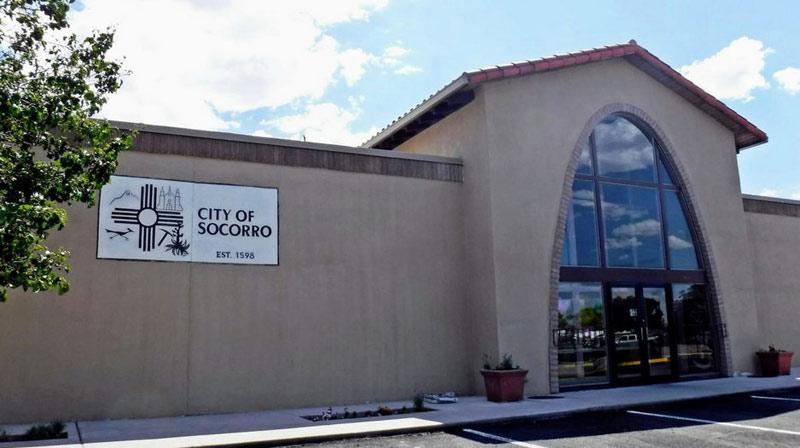
I think the poets are up in arms because it’s insulting to argue that an art form is dead when there are thousands upon thousands of poets, both professionals and amateurs, out there practicing it.
If someone is practicing the artform, I would argue, it is not dead. Whether that art is good or bad or marketable, if it is practiced, I don’t think it’s dead. (And to be clear, there are good, bad, and commercially successful poets alive and writing today.)
The Renaissance ended, but painting didn’t die and no one is out here writing op-eds that it did. People still paint. People still sell paintings. Some of those paintings are good and some are bad. Those paintings—the good ones—still inspire. Brushstrokes can still evoke joy and sorrow.
Techniques and tastes changed. We went from naturalism and humanism to impressionism, post-impressionism, cubism. We saw Dadaism bleed into surrealism.
No one has written the eulogy for ceramics, although its heyday wasn’t in this century. There are still long and beautiful ceramics traditions and new ceramicists out here innovating as artists do—making things that are subversive and strange.
No one declares the death of fiction or memorializes dance. Of course, it’d be difficult to call those artforms dead when they’re so incredibly visible all around us.
The other artform that people do like to crow over the death of is cinema. The death of cinema is a popular line to complain that new movies are hollow and commercial and decry the glut of superhero blockbusters on the silver screen—ignoring the many, many indie movies that exist and ignoring the artful, moving, powerful superhero movies that exist. Not all things commercial are anti-art.
I find it funny that anyone would write cinema’s obituary, as filmmaking is by far the youngest (and perhaps most culturally dominant) of these art forms.
Poetry, on the other hand, is probably as old as those cave paintings in Spain from 64,000 years ago. I have no proof of this, but I find it hard to believe that people haven’t been playing with rhyme and rhythm in language since words were made up in the first place.
What poetry and cinema do have in common is that they’re hard to pin down. Usually, no one argues about what is or isn’t a painting. Is there paint involved? Is there an end artistic creation made out of the paint? Probably a painting. Usually on a flat surface, but maybe not. Popularly on a canvas, but maybe not.
Poetry though—arguments abound on the distinction between regular old prose and that semi-mystical thing called poetry.
When you actually read the dramatically titled op-ed, there is an early caveat that “poetry isn’t literally dead.” Instead, the writer claims poetry is “on a luxe version of life support.” Again, I think poets are irritated because the claim is insulting.
The writer argues that modern life is so disconnected from nature by the technologies surrounding us it is impossible to write poems because poems have to be about the natural world (a strange and easily disproven argument), but also that T.S. Eliot wrote as well as possible about that disconnect from nature and “finished poetry off,” because no one could possibly write a poem that topped Eliot’s abilities. Which is utter nonsense.
For one, plenty of people are still connected to nature—and not just through the lens of exploitation or preservation. There is nature in cities, and there are people who live in these places outside of big cities called towns or villages where nature is just next door, or right outside the front door. Perhaps the op-ed author should try visiting New Mexico sometime. There’s lots and lots of nature to go around.
Also, I’m sorry op-ed man, but just because you can’t connect with the work of any living poets (or any who lived and worked and died since Eliot’s passing 100 years ago) the way you did with the work of T.S. Eliot, doesn’t mean the rest of us suffer from such a profound lack of empathy and ability to connect.
There are plenty of great poets, living and dead, who have come along in the last 100 years. Poetry is still practiced, still fills dim-lit bars with people, still moves readers to tears, and still helps people understand the undercurrents of their lives and of the world.






















